When Harvey Weinstein was convicted of rape and a criminal sex act in 2020, the verdict was not just a legal conclusion but a cultural milestone. It was hailed as a groundbreaking victory for women around the world, a sign that the fight against workplace abuse of power was making progress. The case had catalyzed the #MeToo movement, giving voice to countless women who had suffered in silence. However, one year after Weinstein's conviction was overturned by the New York Court of Appeals, the case is back in the spotlight, and the stakes feel higher than ever.
The 2020 conviction of Weinstein was a moment of triumph for his accusers and for the broader movement against sexual assault and harassment. It was a validation of the bravery of the women who came forward, risking their reputations and careers to expose the predatory behavior of a powerful Hollywood producer. The verdict sent a clear message that such behavior would no longer be tolerated. However, the subsequent overturning of the conviction on the grounds that testimony from women not directly involved in the case led to an unfair trial was a significant setback. It was a reminder that the fight for justice is often long and fraught with challenges.
For Weinstein, the retrial represents another chance at exoneration. For his accusers, it is a painful but necessary step in the pursuit of justice. "It's painful, to go through the process again about a traumatic event," said attorney Gloria Allred, who is representing Mimi Haley, one of the three women who will testify in Weinstein's retrial. Haley, a former production assistant who worked on one of Weinstein's television shows in the early 2000s, will testify against Weinstein for a second time. Her testimony, along with that of former actress Jessica Mann, was instrumental in securing Weinstein's original conviction and 23-year sentence. Both women have shown immense courage by agreeing to testify once again, driven by their desire to see justice served.
Prosecutors have also added a new accuser to the retrial. Jane Doe, whose identity remains protected, alleges that Weinstein assaulted her in a Manhattan hotel in 2006. Her attorney, Lindsay Goldbrum, described Doe as one of the bravest women she has ever known. "You can imagine that any individual who is going to testify against someone as powerful as Harvey Weinstein is going to be nervous. There's going to be a certain level of anxiety," Goldbrum said. "She is ready for her testimony. I believe her, the DA believes her, and I think the jury is going to as well."
The retrial will focus on the testimonies of these three women, compared to the six who testified in the first trial. Gloria Allred expressed her disagreement with the court's decision to exclude supporting witness testimony, arguing that it is crucial to understanding the full scope of Weinstein's behavior. "I think much of the public was aghast when this conviction was set aside," Allred said. She described the women as "heroes" of the #MeToo movement, their refusal to be ruled by fear a testament to their strength and determination.
Weinstein's defense team has argued that the widespread media coverage of the #MeToo movement ahead of his first trial tainted the jury's perception of him. Arthur Aidala, Weinstein's lead defense attorney, who argued the appeal and defended Weinstein in his 2020 trial, suggested that the current cultural and political climate is more favorable to Weinstein. "It's a much different vibe in the whole country," Aidala said. "Now, there are other priorities in the country and in the world, and I think that will put Mr. Weinstein in a much better position to get a fair trial in front of a fair jury."
Weinstein's first trial was a media firestorm, with demonstrators regularly outside the lower Manhattan courthouse protesting Weinstein and drawing attention to the #MeToo movement. Aidala acknowledged the pressure on the jurors, saying, "There was an enormous amount of pressure on those jurors to find him guilty of something." He expressed hope that the jurors in the retrial will keep an open mind and focus on the facts presented in the courtroom. "Realistically, Mr. Weinstein and our legal team have an uphill battle—not because of the evidence. And it saddens me and troubles me to say it," Aidala said.
Weinstein's defense maintains that he was convicted under societal pressure rather than based on the evidence. However, the three women testifying all allege that they were sexually assaulted by Weinstein, who has been publicly accused of sexual abuse by more than 100 women. Weinstein has pleaded not guilty and repeatedly denied that he ever raped or sexually assaulted anyone. He has remained in custody at Rikers Island prison complex in New York while he appeals a separate 2022 conviction in Los Angeles, where he was found guilty on three sexual assault charges and sentenced to 16 years in prison.
Weinstein's health has become a point of contention in the retrial. His longtime spokesperson, Juda Engelmayer, has stated that Weinstein's health is rapidly deteriorating in custody, with conditions at Rikers Island contributing to his decline. Engelmayer cited diabetes, tongue inflammation, mobility issues, and a heart condition as contributing factors. "This is not just a matter of discomfort—it is a medical crisis. As his trial proceeds, the physical and emotional stress poses a serious threat to his health and even his life," Engelmayer said.
Some of Weinstein's accusers have expressed concern about the possibility of him winning his appeals. "The thought that he would be free again is terrifying," said Dawn Dunning, who testified for the prosecution in Weinstein's 2020 trial but is not allowed to testify again. The fear that Weinstein could be released is a stark reminder of the ongoing battle for justice and the importance of the retrial.
Despite the challenges and uncertainties, Gloria Allred remains hopeful. She emphasized that the progress made for women in the workplace and in the justice system over the past decade is a direct result of Weinstein's prosecution. "No matter what happens in this case, women are still going to be moving forward," Allred said.
The retrial of Harvey Weinstein is more than just a legal proceeding; it is a test of the progress made in the fight against sexual assault and harassment. It is a reminder of the bravery of the women who came forward and the importance of their testimonies. It is also a testament to the resilience of those who continue to fight for justice, despite the setbacks and challenges. Whether or not Weinstein is convicted in the retrial, the impact of the #MeToo movement and the courage of his accusers have already changed the cultural landscape. The fight for justice may be long and difficult, but the progress made thus far is undeniable.
As the retrial unfolds, the world will be watching. The outcome will not just determine Weinstein's fate but will also send a message about the ongoing struggle for justice and equality. For the women who have been brave enough to come forward, the retrial is a chance to reaffirm their strength and resilience. For society as a whole, it is a reminder that the fight against workplace abuse of power is far from over. The journey to justice may be fraught with challenges, but the determination and courage of those involved serve as a powerful reminder that progress is possible.
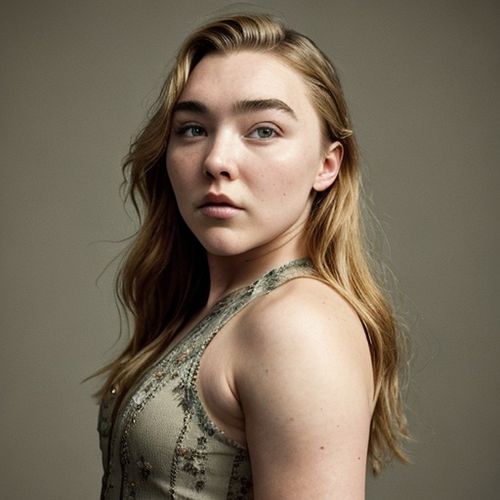
By Benjamin Evans/Apr 16, 2025

By Megan Clark/Apr 16, 2025
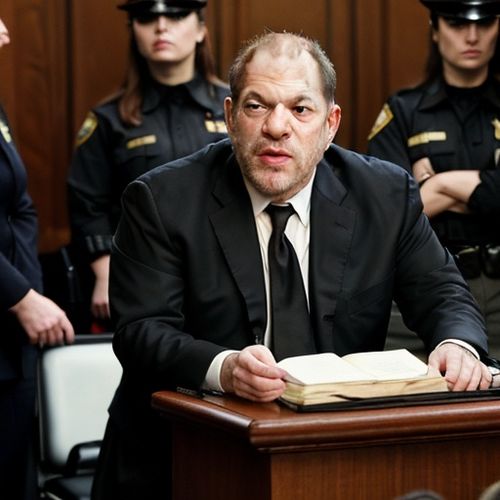
By Grace Cox/Apr 16, 2025
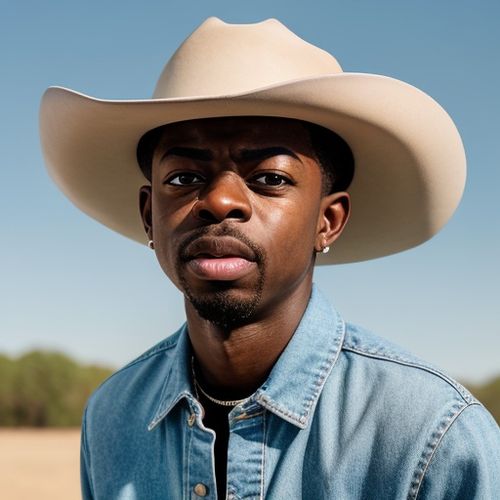
By David Anderson/Apr 16, 2025
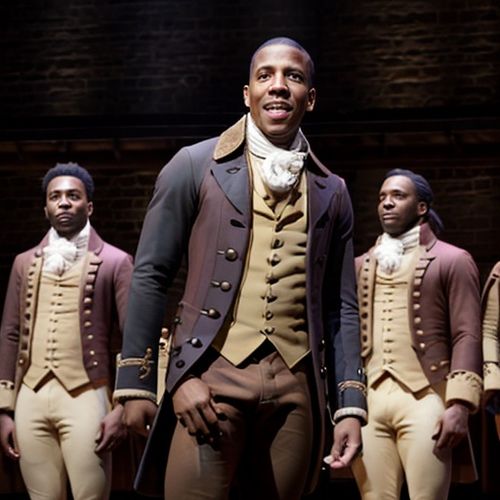
By Amanda Phillips/Apr 16, 2025
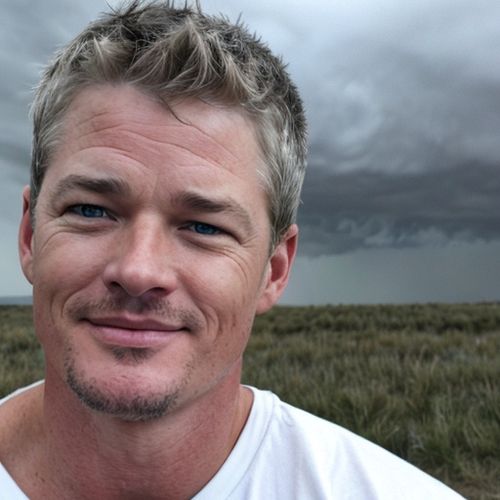
By Christopher Harris/Apr 16, 2025
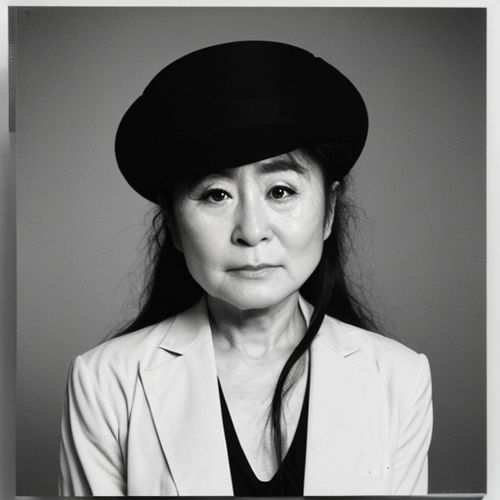
By Emily Johnson/Apr 16, 2025
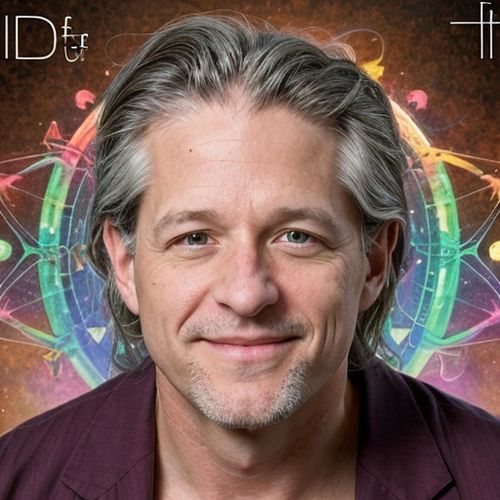
By Natalie Campbell/Apr 16, 2025

By Christopher Harris/Apr 16, 2025
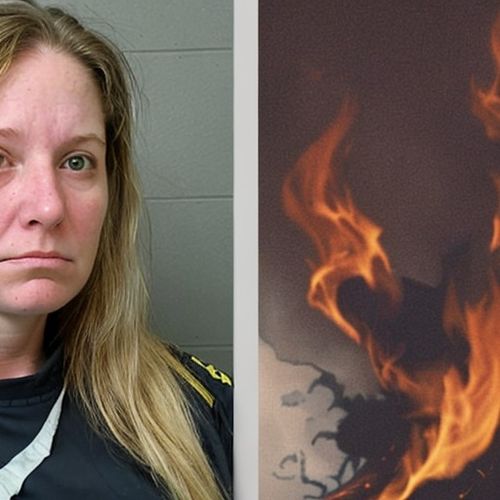
By Grace Cox/Apr 16, 2025

By Natalie Campbell/Apr 9, 2025
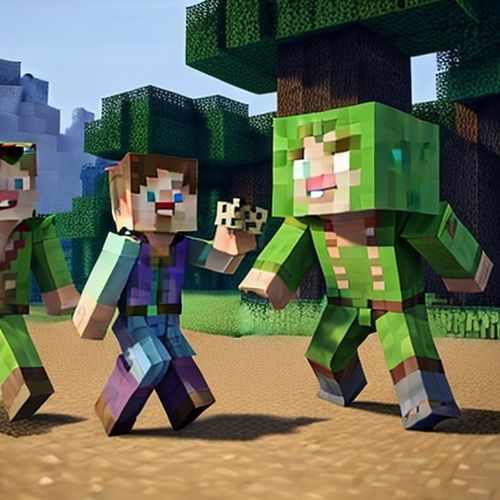
By Megan Clark/Apr 9, 2025
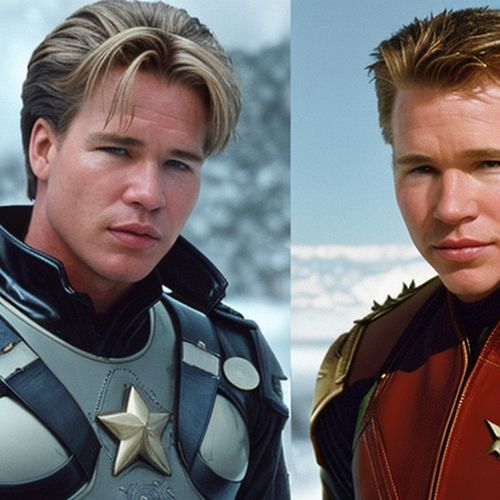
By Sophia Lewis/Apr 9, 2025

By Elizabeth Taylor/Apr 9, 2025

By Amanda Phillips/Apr 9, 2025

By Megan Clark/Apr 9, 2025

By Olivia Reed/Apr 9, 2025
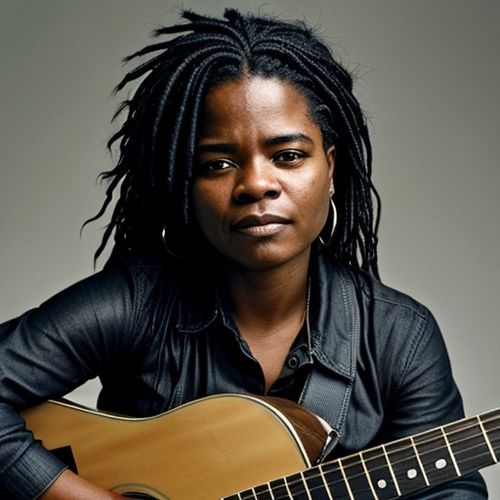
By Jessica Lee/Apr 9, 2025

By Amanda Phillips/Apr 9, 2025
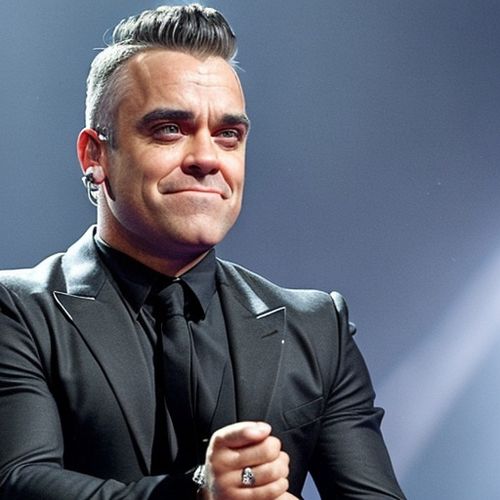
By Thomas Roberts/Apr 9, 2025